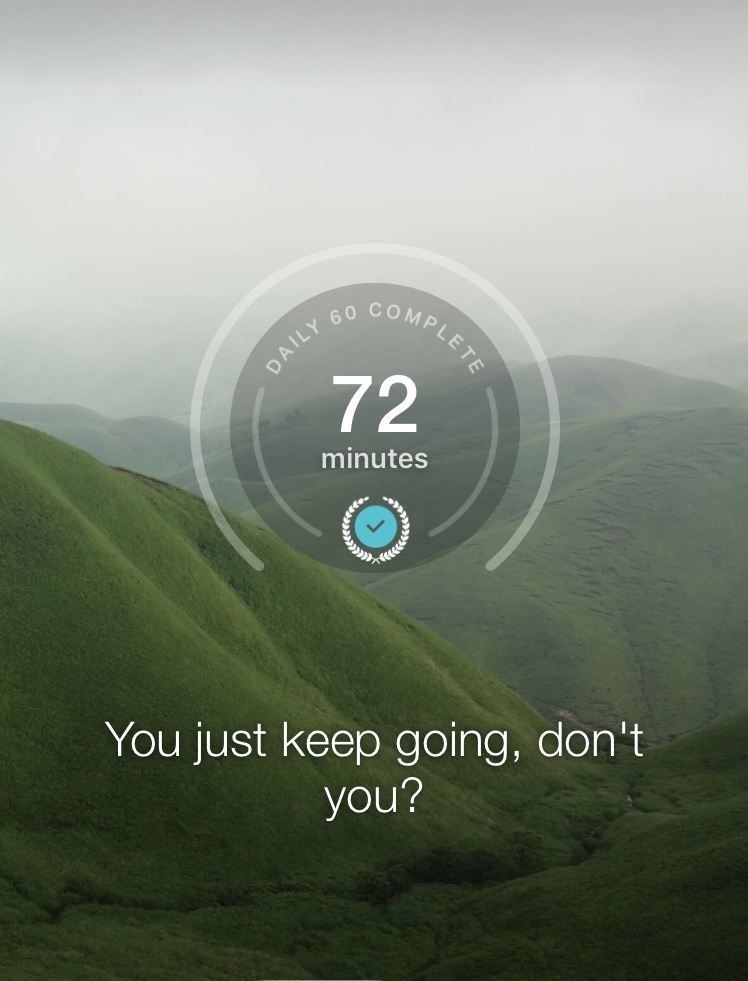Handle your habits
You’ve just come home from work. You aren’t particularly hungry, but there you are standing in front of the refrigerator. It’s as if unseen forces have led you there. Are you more likely to have a glass of water or go for the ice cream? What if you could see the ways in which you get caught in habitual responses, and learn to choose a fresh approach? What if that approach taught you how empowering every choice you make helps you grow?
Understanding habits can serve us really well, as they are fundamental to skill development. The good news is that your routines get things done. The brain, cites Frank Forencich in “Beautiful Practice,†is an incredibly powerful habit-forming organ. Every second of every day, he writes, our nervous system builds patterns of sensation and motor activity, always building on what came before, always seeking more efficient ways to process information into adaptive behavior. An easy action, choosing a glass of water over ice cream, creates a new and healthy behavior.
Habits work in a three-part loop of trigger, routine and a reward.
1. The first is the trigger that tells your brain which pattern to use. You are tired and see a pumpkin-spice triple latte advertisement. You are bored, and plop down on the couch with a remote.
2. The routine is the habit itself; you get in line at Starbuck’s. Or you’ve spent the last hour scrolling on Facebook.
3. The reward is what makes the habit persist. That could mean the boost of caffeine or a feeling like you finally get to relax after a busy day (which you deserve). To break the three-part loop means only changing one thing. You get to keep the reward, but you have to change your routine. Keep it very simple—a five-minute walk or a familiar slow stretch.
Scientists tell us that we are not one self, but multiple selves. There is a part of us that wants immediate gratification, and a part that wants to be our best self. Kelly McGonigal, psychology professor at Stanford and author of “The Willpower Instinct,†writes, “If there is a secret for greater self-control, the science points to one thing—the power of paying attention. It’s training the mind to recognize when you’re making a choice, rather than running on autopilot.â€
3 Simple Things
1. Start with a habit that is so easy you can’t say no. Want to exercise more, but always tell yourself you don’t have time? Your goal is to exercise for one minute today. That could be 10 jumping jacks.
2. Take time to understand exactly what’s holding you back, so you can begin to finds ways to interrupt your knee-jerk responses.
3. Develop a plan for when you slip and get down on yourself. Replace the guilt, stress or shame with a motto. Clear suggests making this your motto: “Never miss (a workout, good night’s sleep) twice.â€


